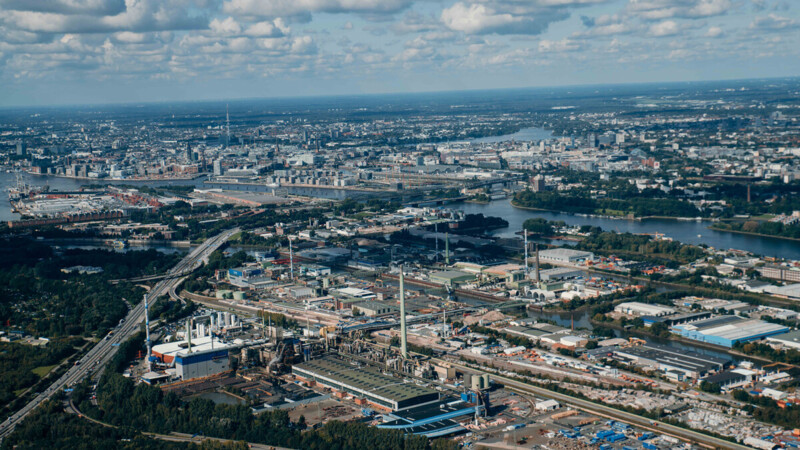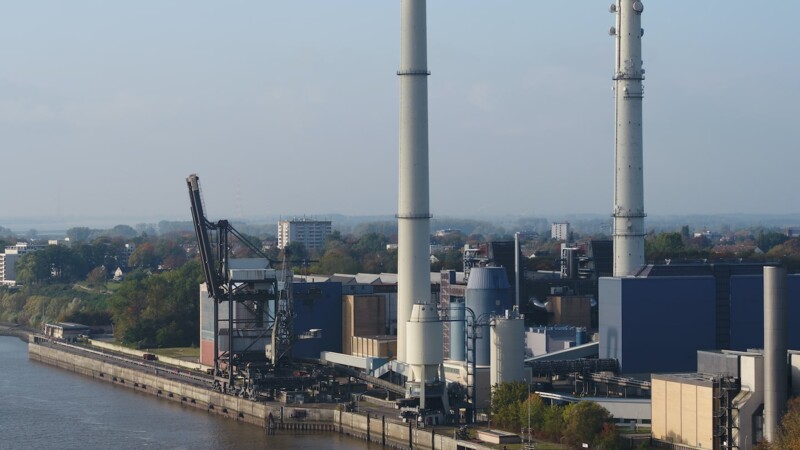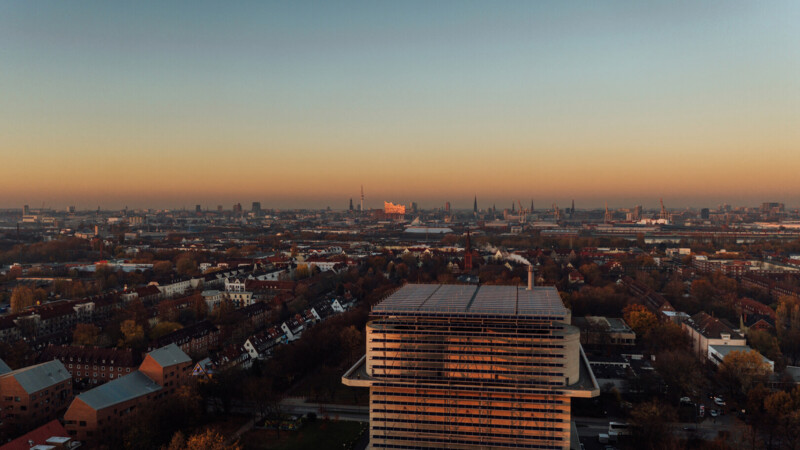"We are putting another part of Hamburg's energy transition in place by drilling for the aquifer heat storage facility," said Jens Kerstan, Senator for the Environment. Instead of letting the waste heat go unused in summer, the storage facility will facilitate its use as climate-neutral district heating in winter. "The effects of the war on Ukraine are a painful reminder to us that Germany's energy supply must be able to stand alone," he added. Hamburg is making progress and public energy suppliers are contributing to this with projects like the aquifer heat accumulator facility.
The first borehole for an underground hydrothermal aquifer heat storage facility began Friday (December 30, 2022) on the site of the Tiefstack CHP plant. Surplus waste heat from regional industrial and waste utilisation plants will be stored deep underground there in summer. Hamburger Energiewerke is testing the suitability of Hamburg's underground for the technology. If tests prove successful, the plant will go into operation in 2024.
Hamburg heading for independent energy supply
Heat reservoir to save 1,400 tonnes of CO2
An estimated storage capacity of 2.6 megawatts and five gigawatt hours per annum could help save around 1,400 tonnes of CO2 emissions. The aquifer reservoir will be positioned underground in thermal water-bearing sandstone layers. Two boreholes of 1,300 metres in depth are needed for auxiliary and production wells at the Tiefstack site. A technical centre with links to the district heating network is to be built above ground. Tests of each well will be carried out to gauge production.
Climate-neutral heating in Tiefstack Energy Park
The aquifer is part of the Tiefstack Energy Park that aims to replace Hamburg's last coal-fired power plant by 2030 with various climate-neutral heating solutions. They include, for instance, water heat pumps that extract heat from the Norderelbe and the Bille rivers, and waste heat from the Aurubis copper smelter. The existing Tiefstack heat and power plant will be converted to natural gas or sustainable biomass to secure supply at peak times. The planned aquifer heat accumulator counts among the projects of the North German Reallabor (NRL) to test new means of achieving climate neutrality which is being carried out with the Technical University of Hamburg and the Christian Albrechts University of Kiel. The project is being funded by the German Ministry of Economics and Climate Protection.
nj/mm/sb/pb
Sources and further information
More
Similar articles

Drilling underway on Hamburg's new district heating tunnel

Power-to-heat plant in Wedel celebrates topping-out

Drilling underway in Wilhelmsburg to extract geothermal energy
